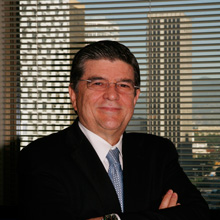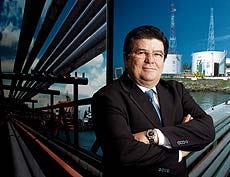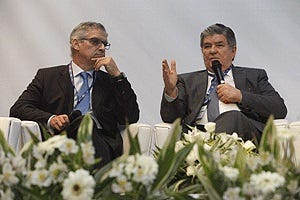Largest fuel transportation
and Logistics Company in Brazil and subsidiary of the Petrobras System,
Transpetro recently conducted an unprecedented operation of naphtha
transportation from Terminal Almirante Soares Dutra (Tedut), in Osorio (RS), to
a Braskem unit, in Triunfo (RS). The operation was conducted in an integrated
action with Refinery Alberto Pasqualini (Refap), owned by Petrobras and with
reduced use of refinery tankage, allowing for more solid delivery logistics
with greater operating efficiency.
Transpetro’s
operation of transporting 100 thousand m³ of naphtha has been a well-tended
success. The company’s president Sergio Machado said that the operation was
possible due to its meticulous control of the Oscan 16” II and Orsul 14” oil
pipes pumping capacity, associated to monitoring of the Refap and the Braskem
petrochemical pole’s tankage availability.
The
analysis consists of integrated work of logistics intelligence, led by
Transpetro, involving its National Operating Control Center (CNCO), the
Refinery Alberto Pasqualini (Refap) and the petrochemical Braskem.
Sergio Machado added that the prior study enabled the operation to use only one tank of the refinery, during a shorter period. Instead of the need to storing material while waiting for availability of pipes, the unit acted as a kind of lung, directly transferring material between oil pipes, which could operate simultaneously, always keeping the highest safety standards.
Sergio Machado added that the prior study enabled the operation to use only one tank of the refinery, during a shorter period. Instead of the need to storing material while waiting for availability of pipes, the unit acted as a kind of lung, directly transferring material between oil pipes, which could operate simultaneously, always keeping the highest safety standards.
The
integrated vision of the infrastructure for oil and oil products distribution
across the entire national territory, and tools such as CNCO, put Transpetro in
a privileged condition, allowing it to implement new solutions, and restating
the Company’s status as main provider of logistic solutions for the Petrobras
System.





